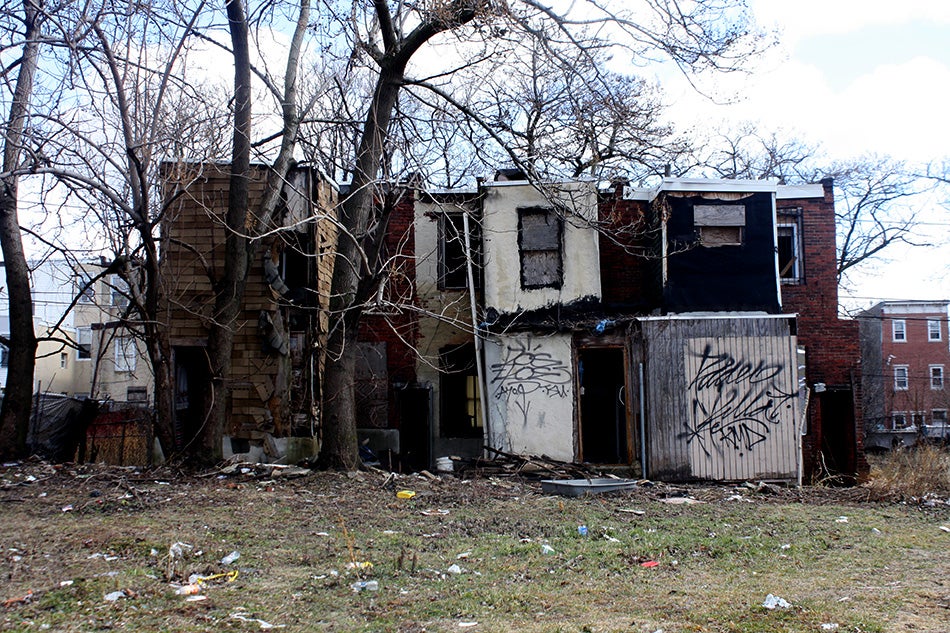Pew study estimates 70 percent of delinquent property tax is uncollectable

A study released Thursday by the Pew Charitable Trusts estimates that if Philadelphia were to effectively use all the legal tools at its disposal to collect delinquent property taxes, it could reasonably expect to collect an additional $155 million over the course of several years, or about thirty percent of the total $515 million it is owed.
In the best case scenario, the study says, the city could collect just over half the total debt from delinquent taxes, penalties, interest, and fees, or about $261 million; if conditions worsen, though, the city might only end up collecting around $90 million of that debt.
Earlier this year, PlanPhilly and the Inquirer published a series of stories detailing a decline in delinquent tax collection in Philadelphia over a period of several years.
The study compared Philadelphia to the thirty most-populous cities in the country as well as six other cities considered to have high poverty rates, above 25 percent. It found that Philadelphia’s same-year delinquency rate, the portion of property taxes that are uncollected in the year they are due, is around 9 percent, higher than all but four of the cities compared in the study. Those with higher same-year delinquency include Detroit (20.1% in 2011), Cleveland (20.2%), St. Louis (9.9%), and Flint, Michigan (21.2%). In Philadelphia, same-year delinquency has grown since 2006, when it was at 6.6 percent, according to the report.
In order to calculate the collectability of individual property-tax debts, Pew worked with economist Kevin Gillen to isolate attributes of delinquent properties that make them more or less difficult to collect. For example, tax debts that are older, larger, and attached to properties in poor condition were considered more difficult to collect. Newer, smaller debts attached to high-value properties were considered easier. In all, Pew estimated that 2,359 delinquent properties had a 0 percent probability of collection, while only 67 were given a 100 percent probability of collection.
The study stops short of advocating for any particular strategy to collect past-due taxes, but highlights the importance of early intervention in preventing new delinquencies. The report says that for every one-percent improvement in same-year tax collection, the city could garner an additional $13 million in revenue. If Philadelphia lowered its same-year delinquency rate from 9 percent to 4 percent, the average for all the cities Pew studied, it could collect an additional $65 million a year.
Read the entire report here.

WHYY is your source for fact-based, in-depth journalism and information. As a nonprofit organization, we rely on financial support from readers like you. Please give today.




